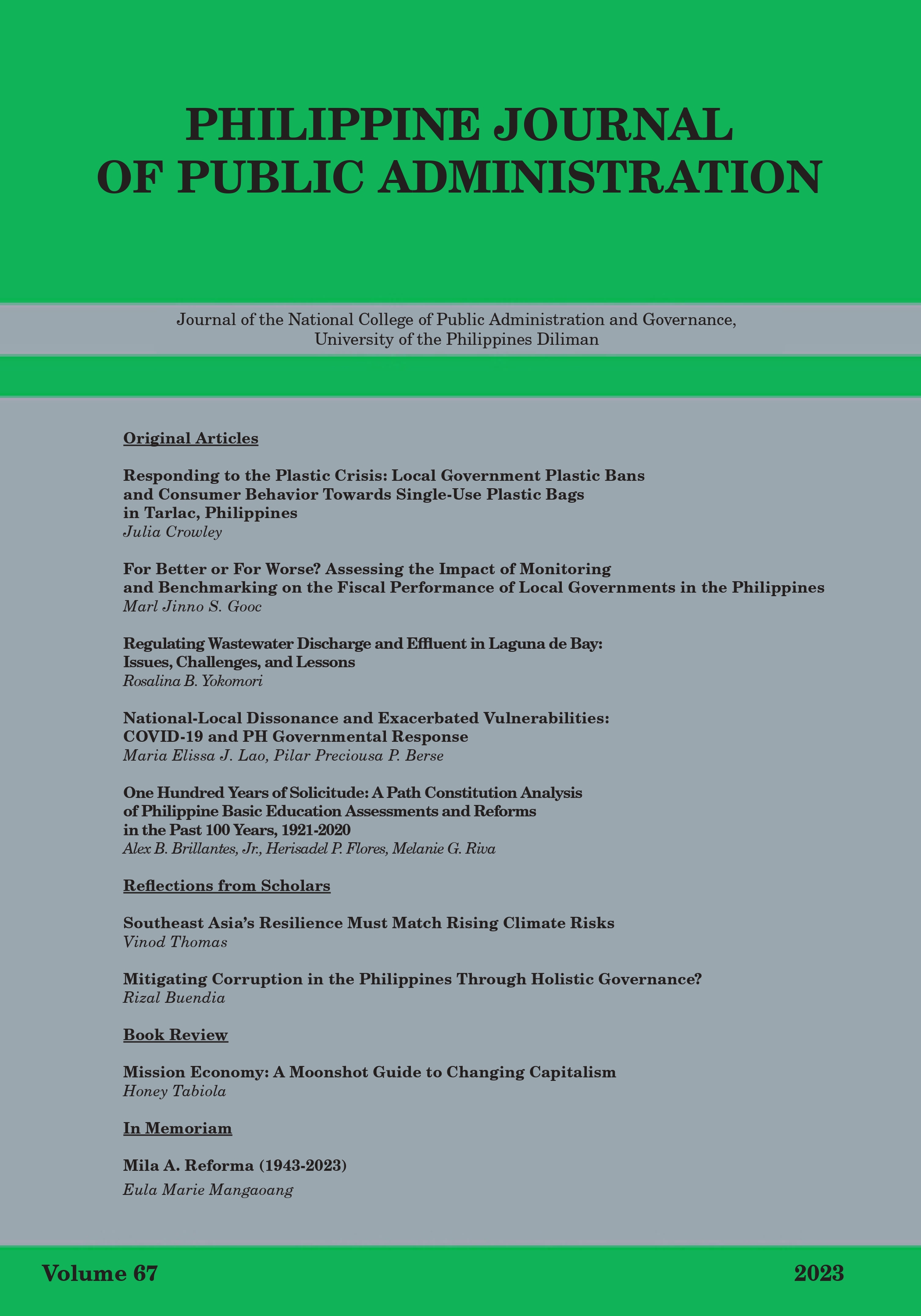One Hundred Years of Solicitude: A Path Constitution Analysis of Philippine Basic Education Assessments and Reforms in the Past 100 Years, 1921-2020
Abstract
With the sheer number of assessments done in the past one hundred years, Philippine education is one of the most studied sectors in the country. The most pivotal is the Congressional Commission on Education, popularly known as the EDCOM 1991. The present government–from both the executive and legislative departments–is pursuing once again a comprehensive assessment of the Philippine Education System (PES), as it confronts new challenges brought about by fast-changing times. In this historical research and systematic review, the authors cover the assessments of the PES that go back to the 1920s, with a focus on the report of the EDCOM 1991, to provide context to current efforts that seek to do both. The study uses Path Constitution Analysis (PCA) as the theoretical framework to analyze the evolution of education and governance in the past 100 years. Various methodologies including desk review, historical research, document analysis, online public forums, focus group discussions, and key informant interviews were employed from March 2020 to December 2021. The results of this study aim to inform the plans and strategies adopted by the Department of Education (DepEd), through its Education Futures Programme, as it opens the conversation on the future of the PES.

This work is licensed under a Creative Commons Attribution 4.0 International License.



